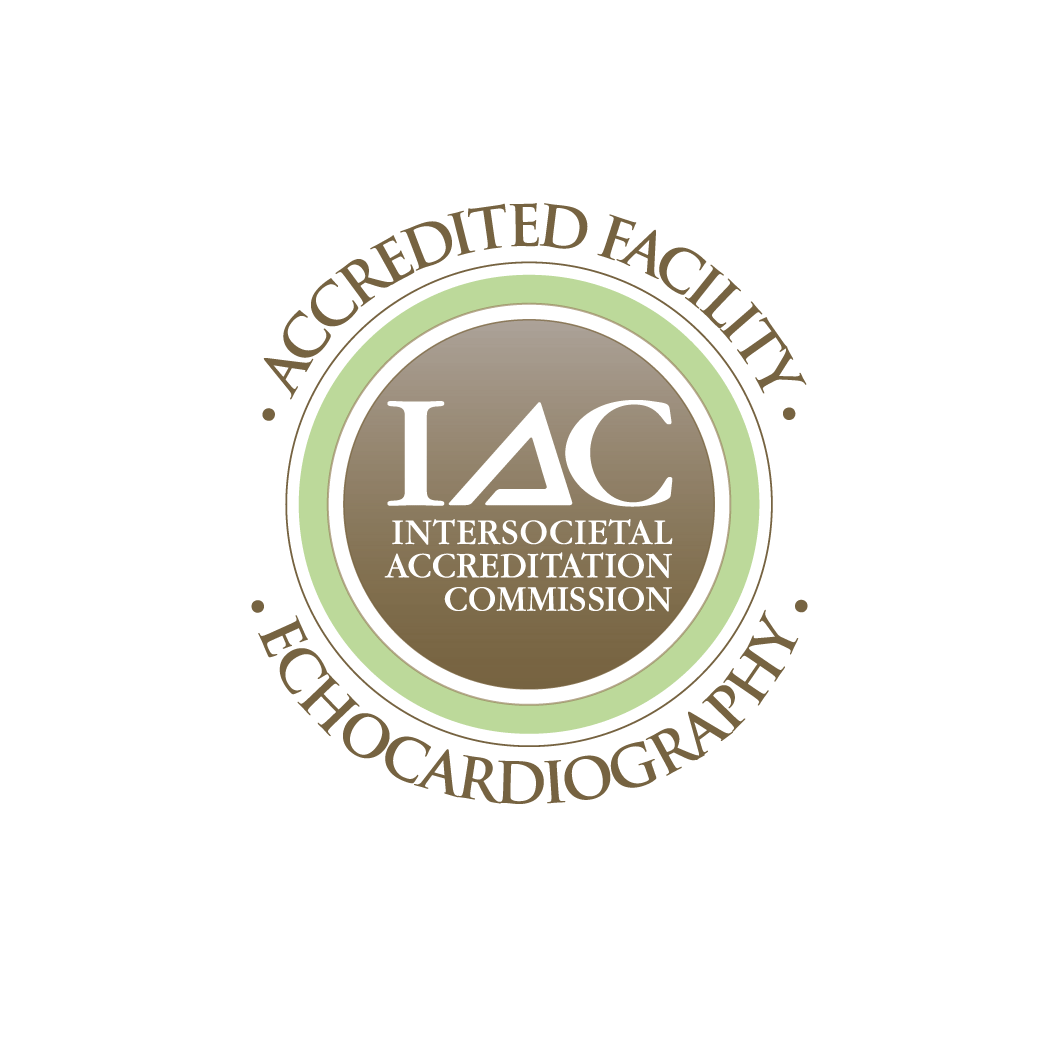The Heart Care Group, P.C. offers a diagnostic testing center where stress tests, echocardiograms, and vascular studies are done Monday through Friday between the hours of 8:00 a.m. and 4:00 p.m. (hours may vary). All tests are reviewed by our cardiologists and reports are sent to the patients care team. Our immediate triage allows us to be one of the top diagnostic centers in this region.
We are able to accommodate emergent same-day requests with results and on-site physician consultations provided to the patient.
Stress Testing
In all types of stress tests, electrocardiograms are evaluated for signs of coronary artery blockage and changes in heart rhythm. Blood pressure trends and exercise capability are also observed. For those who are not able to exercise adequately to ensure valid results, medicine is given to produce the same effect as exercise would have given. Nuclear medicine or echocardiographic images increase our ability to diagnose coronary artery blockages. The test takes anywhere from two to four hours.
Stress echocardiography evaluates by ultrasound the heart muscle under stress to evaluate the heart for any coronary artery disease. Narrowing in the coronary arteries at the peak of exercise could impair the wall motion in the heart and be indicative of a coronary blockage. The stress echo takes approximately 60 minutes. The patient will walk on the treadmill for as long as he or she is able to keep up. Every three minutes, the speed and grade of the treadmill increase, and the patient walks as long as he or she can. When the patient cannot keep up, we stop the treadmill and take the pictures.
Echocardiography
The echocardiogram is used to evaluate the heart structure and function, as well as sizes of the heart chambers, wall thickness, and movement of each wall, as well as to evaluate that valves are opening and closing properly. In certain cases, an intravenous contrast agent may be needed to obtain the best possible views. Testing usually takes approximately an hour.
An echocardiogram is an ultrasound of the heart. Resting images of the heart and the heart valves are obtained to evaluate the strength and thickness of the heart muscle. Doppler flow consists of sound waves that evaluate the heart valves for any abnormalities, such as leaks or stenosis.
Vascular Studies
Vascular studies consist of ultrasound waves that are used to visualize arteries and veins in the body to assess for blockages, blood clots, and aneurysms in the blood vessels. These studies are done primarily on the neck carotid vessels or the lower extremity blood vessels.
Our commitment to high-quality patient care has been recognized by accreditation of our labs by the Intersocietal Commission for the Accreditation of Echocardiography Laboratories (ICAEL), the Intersocietal Commission of Accreditation of Vascular Laboratories (ICAVEL), and the Intersocietal Commission for the Accreditation of Nuclear Medicine Laboratories (ICANL).
The Center for Diagnostic Testing sees patients Monday through Friday between 8 a.m. and 5 p.m.



